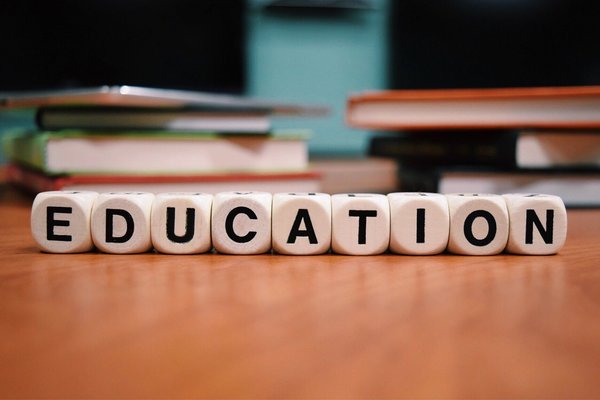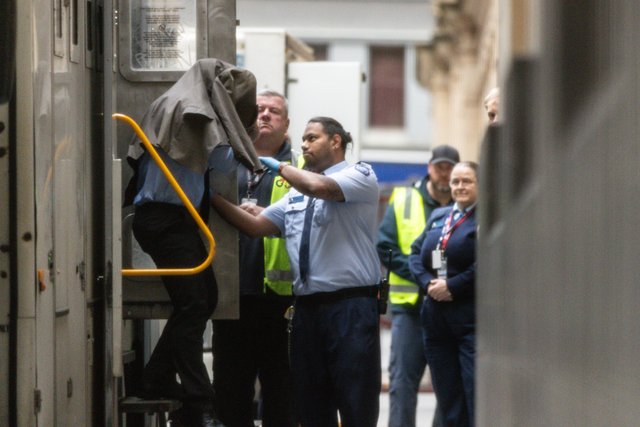The Australian public school sector is shamefully underfunded.
The Australian private school sector is vastly overfunded.
Solution? Defund the private school sector and adequately fund the public school sector.
Public schools in Australia are expected to operate in alarming conditions; shouldering limited teaching and learning resources, antiquated asbestos ridden infrastructure and enrolments of disadvantaged students doubling that of schools in the private sector.
Despite the obvious disparities, private schools enjoy an overabundance of government funding and financial support.
Not only do they receive tremendous government funding, but also fees raised from parents and financiers; a luxury public schools do not enjoy.
Fees in public schools are often recounted as voluntary contributions. This is because government legislation forbids public schools attaching mandatory parental fees to student enrolments.
Irrespective of the differences, senior government politicians and bureaucrats expect public schools to deliver a quality teaching and learning program.
They want Australian schools to be world-leading, yet deprive public schools of the funding they so urgently need.
Adjunct associate professor at Southern Cross University David Zyngier believes removing all funding from any school that “…charges fees above its SRS then progressively removing funding from those schools charging fees lower than the SRS by day 10 per cent per annum”, is one solution. “This allows non-governed schools to get their house in order or to become a public school.”
In a recent research paper written by Trevor Cobbold and published by Save Our Schools in June 2021, this underfunding is expected to continue for “…the rest of the decade under the current Commonwealth and State Government funding arrangements.”
By the end of the decade, public schools will be underfunded by a gargantuan $60 billion while private schools will be overfunded by $6 billion.
This is an outrageous prospect and one that should be taken far more seriously by the Commonwealth Government and its Department of Education.
Underfunded public schools with smaller budgets, larger class sizes and fragmented teaching and learning programs see lower student achievement levels creating a socioeconomic problem within the education sector.
Public education should form the framework and backbone of an equitable and egalitarian society, but there is a clear prejudice towards the public sector.
The symmetric shaming and blaming of public school teachers for the poor academic achievement levels of their students needs to stop.
It makes no more sense than praising private school teachers for the high academic achievement levels of their students.
There is no judicious or measurable difference between the two.
It’s about the environment they work in, the resources they have access to, and the funding the school has to support those who need it.
It seems that private schools are a special and protected breed in Australia. How long will this unjust and inequitable affair be allowed to continue?







